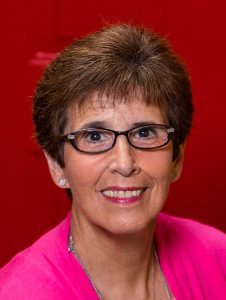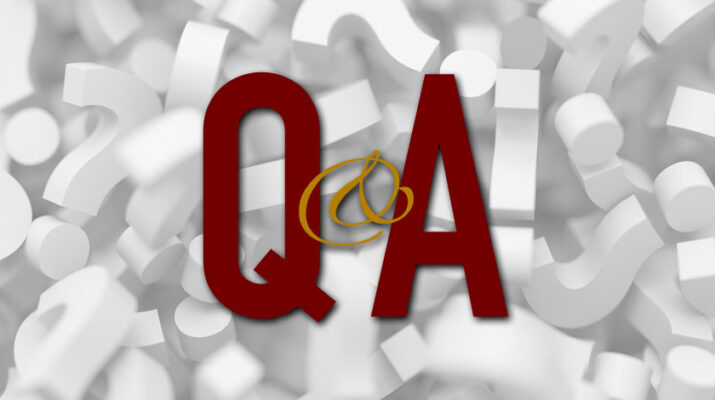CEO discusses why Gilda’s Club of Rochester changed its name to Cancer Support Community of Rochester
By Todd Etshman
Melinda Merante is the CEO of Cancer Support Community of Rochester, formerly known as Gilda’s Club. Located at 255 Alexander St., CSC has been helping Rochester area cancer patients in their journey through cancer since 1959.
Q: What precipitated the name change? Do people today not know who Gilda Radner was anymore?
A: That’s part of it. We found over the last several years when we said, “Hi, I’m from Gilda’s Club of Rochester,” not everyone knew who we were and what we did. First and foremost, when we say who we are, Cancer Support Community, we felt those three words clearly and succinctly say who we are and what we do.
 Q: Once someone is diagnosed with cancer, how do people align themselves with CSC and take advantage of the programs they have to offer?
Q: Once someone is diagnosed with cancer, how do people align themselves with CSC and take advantage of the programs they have to offer?
A: There is a couple different ways they can do it: in person, by phone or by email. A lot of what we try to do in this area is to try to make connections with the medical community. We want to make sure that when someone is diagnosed with cancer that we are one of the places they are referred to by a medical practice. A lot of times a family member, friend or colleague will tell them about us and they call.
Q: Has the cancer rate gone down in the more than 60 years you’ve been in the community? Is the need for services greater or less today?
A: We know cancer is the leading cause of death in the Monroe County area and particularly among underserved communities. About 9,000 people a year are diagnosed. I think there is a greater need in particular with reference to the pandemic. What we saw last year was many people scheduled cancer screening, but those appointments weren’t kept. That may lead to an increase in diagnosis over the next several years. What we see is although they’re making medical progress with cancer, people are living longer with their type of cancer. These are the people that tend to use our services.
Q: How does CSC benefit a cancer patient?
A: We’re here to help people with the emotional and social side of cancer. We know from research that it is very overwhelming. A lot of people will feel overwhelmed, a little depressed and isolated. We help them get through that. When we help people with the emotional side and the sense of isolation other things improve. People will feel better about themselves coming through a program like ours that might make them less reliant on medication and indirectly, have less of a chance of reoccurrence. One of the primary reasons CSC exists is that we’re here to be a complement to medical care. When someone comes into our organization we give them an assessment to determine what kind of services we are going to recommend they take advantage of.
Q: What are you most proud of in your five-year tenure with CSC?
A: We’re proud of our long and positive history by any name. The legacy of the way we care for people continues to be passed down. It’s not uncommon for someone to come in or send a note saying what a difference we’ve made in someone’s life. That’s the kind of thing we hear frequently. We’re glad we’re making a difference and helping people through their cancer journey.
Q: What are the biggest challenges for CSC going forward?
A: Funding is always a challenge. We want an emphasis on raising funds. Everything we provide is free. We have to raise the money. Individual contributions, regional grants and special events are our primary source of funds. We want to create medical community partnerships we can work with and deliver services through them. We want to help underserved communities and people of color take advantage of services in their community. That’s a big part of what we want to do in the next few years.
Note: People interested in more information about Cancer Support Community Rochester’s programs or support groups can contact the nonprofit at info@cscrochester.org or 585-423-9700.

